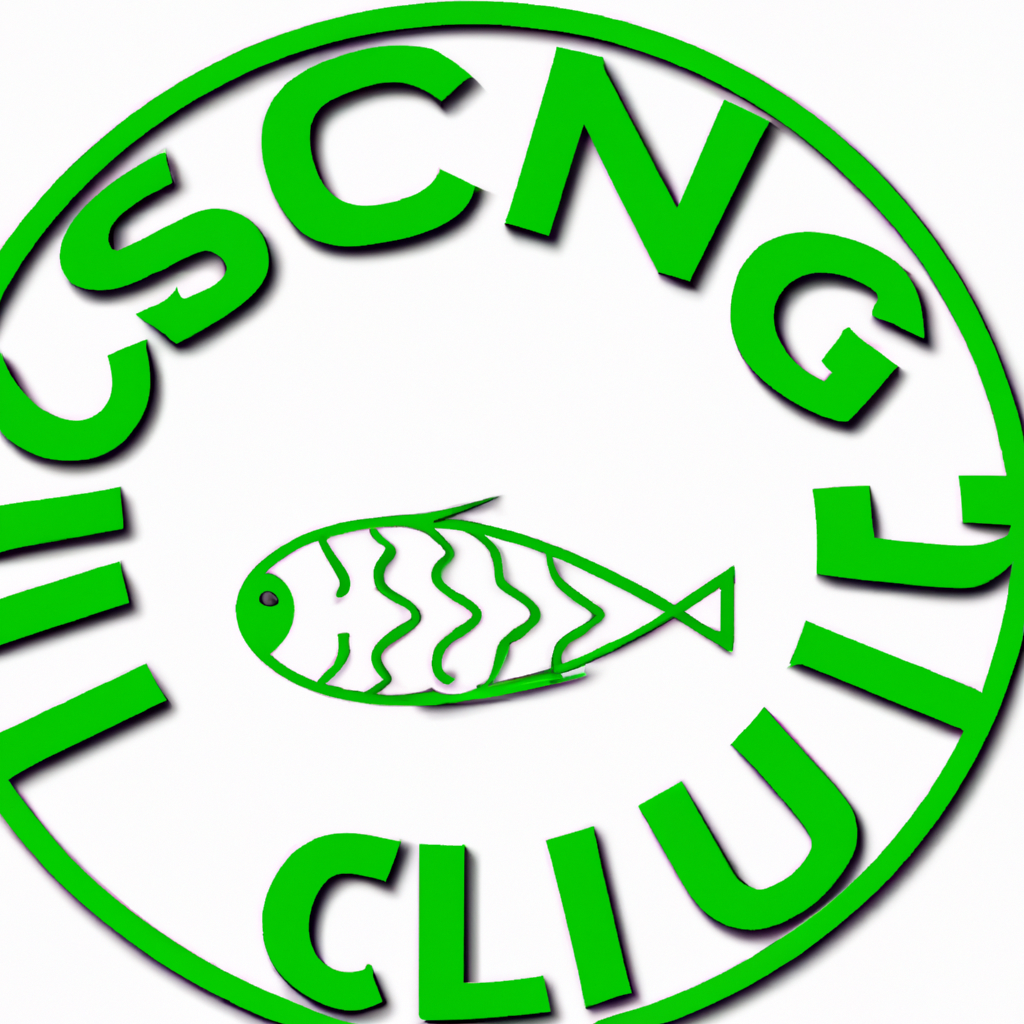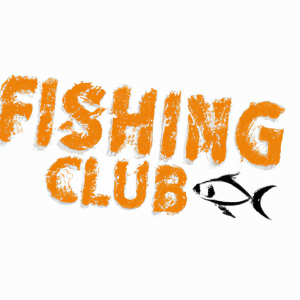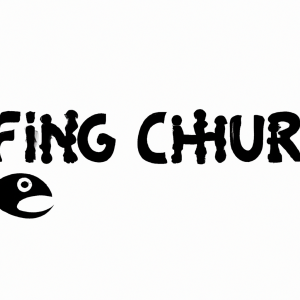Hooked on Savings: Join Our Exclusive Fishing Club Today!
Hey there, fellow fishing enthusiasts! Today, we’re diving into a topic that’s close to my heart and, honestly, pretty crucial for the future of our beloved pastime—sustainable practices in recreational fishing. You might be wondering how we can enjoy our time out on the water while still being kind to Mother Nature. Well, let me tell you: it’s all about making small changes that add up big time. And guess what? Fishing clubs have a huge role to play here.
Now, I remember this one sunny Saturday morning when I was out with my local fishing club—The Reel Rascals (yeah, quirky name but we’ve got a great bunch of folks). We were heading out to our usual spot by Lake Serenity. As we settled in and cast our lines, Bob—our club’s unofficial ‘wise guy’—started talking about sustainable fishing practices. At first, I thought he was just trying to sound smart (as he often does), but what he said really stuck with me.
Bob shared a story from his early days of fishing when they used to catch as much as they could and not think twice about it. But over time, they noticed fewer fish biting each season. It was like nature was gently nudging them with a reminder: if you take too much without giving back or caring for your environment, you’ll eventually run out of luck—or fish in this case!
So how can fishing clubs lead the way towards more sustainable practices? Well, let’s start with something simple yet effective: catch and release programs. It’s not just about letting go of undersized catches; it’s about ensuring that fish populations remain healthy and abundant for generations to come. Our club decided to adopt this practice during our outings. We’ve even made little competitions out of it—with awards for things like the most beautiful release or the quickest unhooking process (trust me, it’s fun!).
Another thing is cleaning up after ourselves—and sometimes others too! Whenever we head back from an adventure by the lake or riverbank, we make sure no trash is left behind—not even those sneaky bottle caps that seem invisible until you’re sitting right on them! We also organize clean-up days every few months where we invite community members along for some good old-fashioned teamwork.
Then there’s education—sharing knowledge and experiences makes a world of difference! Within The Reel Rascals (and other clubs I’ve been part of), we’ve started hosting monthly talks where experienced anglers share tips on minimizing impact while maximizing enjoyment during fishing trips. These sessions usually turn into lively discussions peppered with personal stories which make learning so much more engaging.
And hey—you know what’s really awesome? Some clubs have taken steps further by collaborating with local environmental groups or participating in research projects aimed at understanding aquatic ecosystems better. There’s something incredibly rewarding about knowing your weekend hobby contributes positively towards scientific efforts—and yes—it makes great conversation material at those family dinners!
It’s worth mentioning that all these efforts don’t feel like chores—they’re woven seamlessly into our love for angling itself because being mindful doesn’t mean sacrificing joy; rather enhancing it through conscious choices benefiting both us humans AND nature alike!
So next time you’re planning an outing—or looking into joining a new club—consider how incorporating sustainable habits could enrich your experience tenfold while preserving precious resources around us today…and tomorrow too perhaps?
Thanks again friends – tight lines & happy casting till next time!


